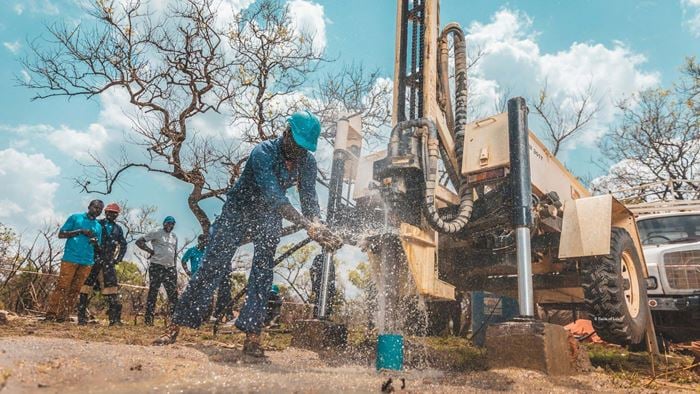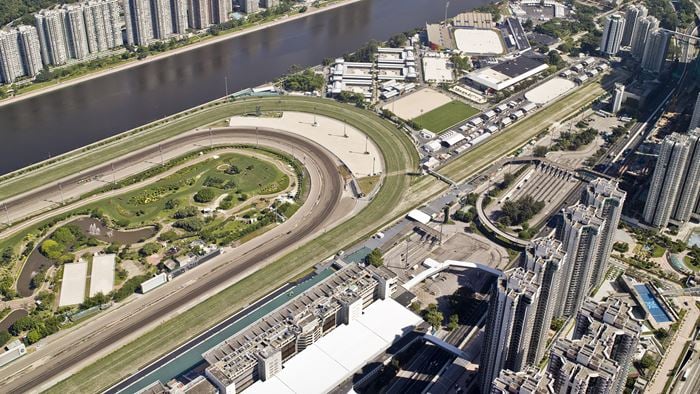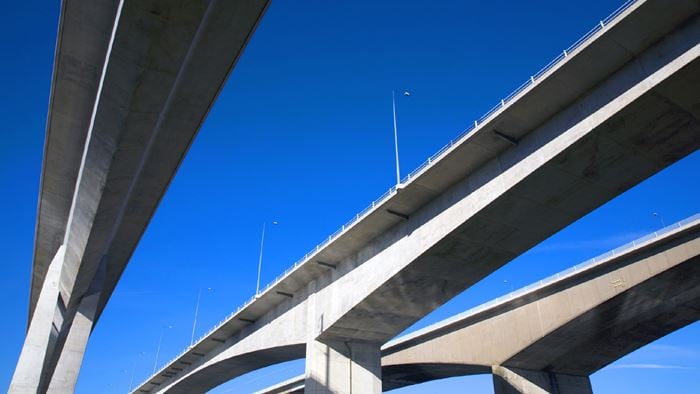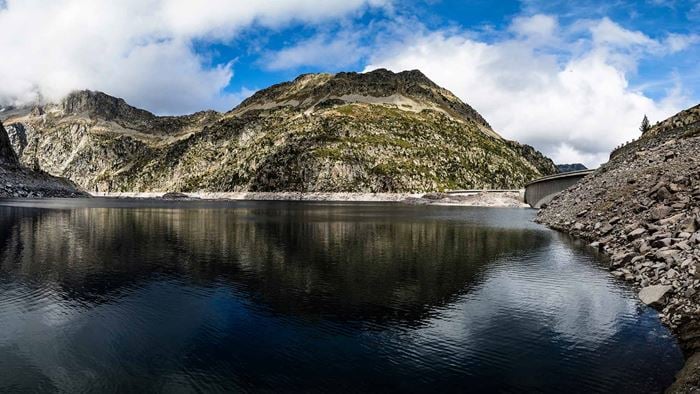Arup’s proven track record for undertaking water based projects from strategic conception through to detailed design and operation resulted in us working alongside the City of Onkaparinga to develop the Water Proofing the South initiative through various development phases over a four year period.
Arup was initially responsible for defining and assessing a range of potable water substitution projects, including rainwater harvesting, effluent reuse and sewer mining, which could:
-
link into existing water infrastructure;
-
be commercially viable;
-
reduce reliance on imported water;
-
protect local supplies (i.e. groundwater);
-
restore natural flow regimes in creeks and rivers; and
-
harness effluent and stormwater as useful water sources.
As a result, 28 water proofing schemes were identified and assessed, from which the Reference Group selected a list of preferred projects for the medium-term (2006-2012) ‘Water Proofing the South’ projects (program).

Arup co-authored with City of Onkaparinga the Expression of Interest to the National Water Initiative and authored for City of Onkaparinga’s internal distribution a Long-term Regional Water Proofing Working Document.
Arup then undertook a detailed analysis of each of the 11 preferred projects after which they were ranked from a triple bottom line perspective. The key outcomes of this phase included:
-
cost estimates for each of the selected projects;
-
identification of the key stakeholders;
-
investigation into the social, environmental and economic benefits and risks for each project;
-
greenhouse gas production; and
-
recommendation of the cost/funding apportionment.
Concurrently Arup collaboratively developed City of Onkaparinga’.s 'water vision' for the region to 2025 to guide the suite of projects from concept through to execution and beyond.
Following a reduced funding offer by the National Water Commission, Arup reviewed all projects and identified possible cost savings, firmed up cost estimates and integrated two elements to form a more efficient and effective program. Subsequent to this review Arup prepared business cases for four of the elements.
Triple bottom line ranking
SPeAR – an internally developed framework to demonstrate the sustainability of a project, product, process or organisation, providing an integrated approach to natural resource management, environmental, economic and social systems – was used to rank the options from a triple bottom line perspective.
Water vision
Arup collaboratively developed City of Onkaparinga’s 'water vision' for the region to 2025:
To successfully integrate sourcing, supply and management of water resources in the south of Adelaide in a manner that is environmentally sustainable, commercially successful, maximises economic growth potential, improves social assets and promotes community participation in water management.
Business cases
Arup prepared business cases for four ‘Water Proofing the South’ projects, being:
-
Willunga Balancing Storage - two earth storages of total volume 159ML
-
Willunga Effluent Reuse Scheme - reclaimed water reticulation network distributing 113ML/pa of water to the Willunga Township
-
McLaren Flat ASR - 18ML/pa of reclaimed water for reuse in McLaren Flat
-
Willunga Trade Waste Scheme - collection and treatment of 40-80ML/pa of trade waste, predominately winery waste, in the McLaren Vale region
Each business case included a project overview, cost estimate, timetable for implementation, approval requirements, a procurement strategy, a risk assessment, and limitations/assumptions/exclusions.
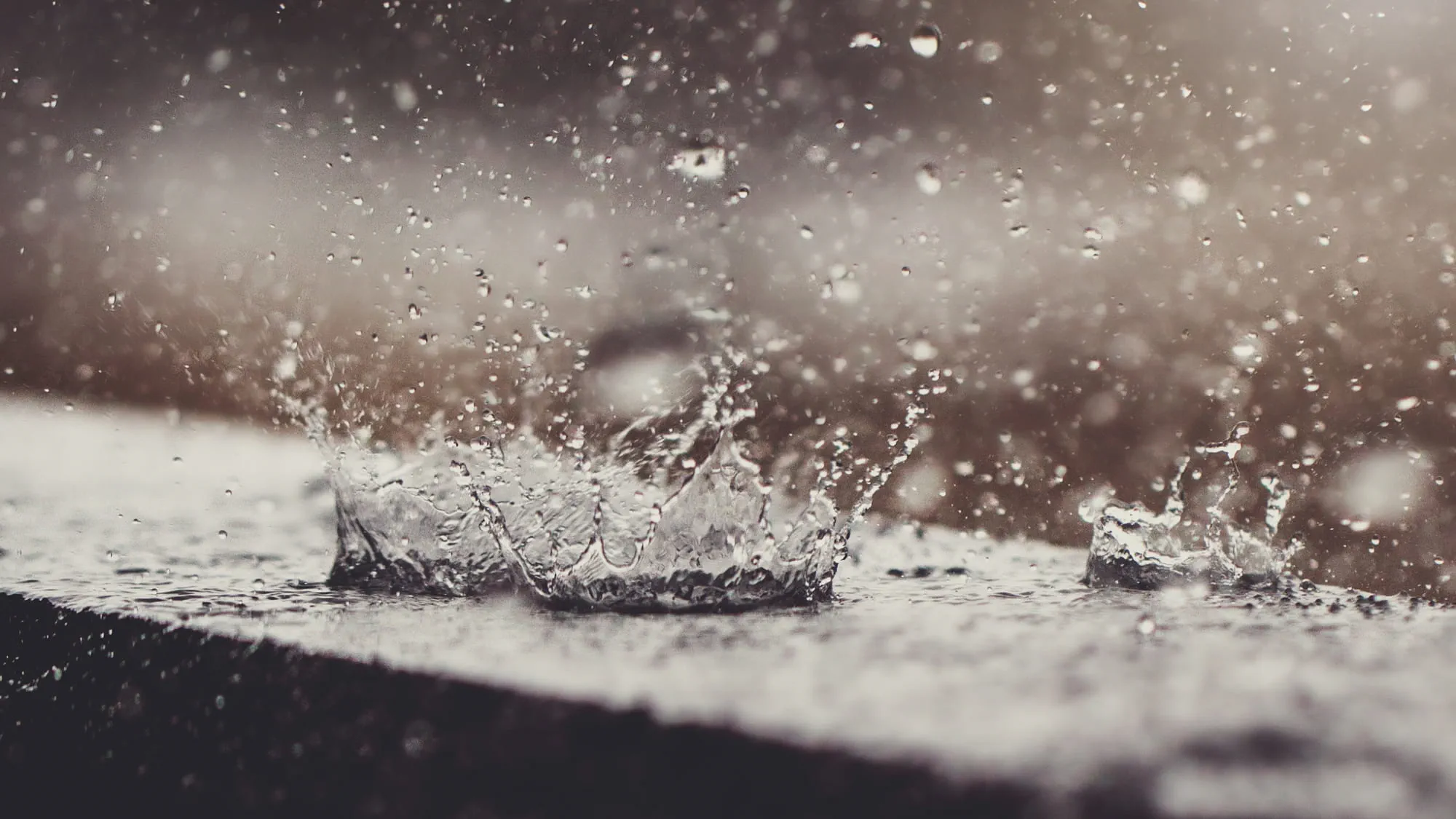 ;
;
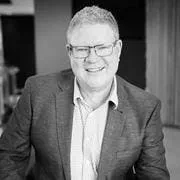
.jpg?h=394&mw=700&w=700&hash=C42DDA16A59FE7E74CAED63058377CAC)
